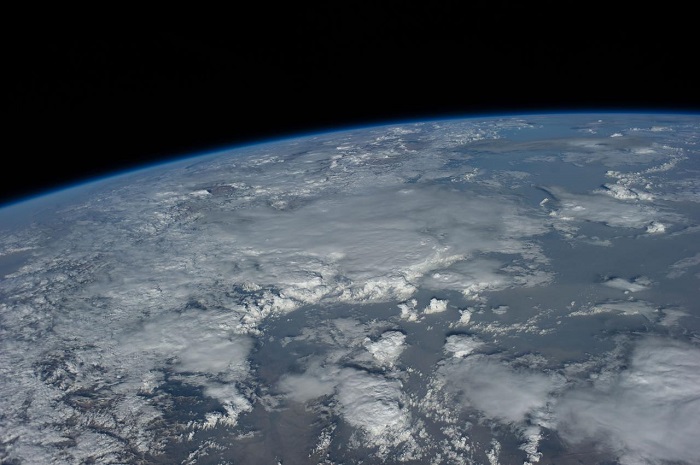Nobel Laureate in Physics: Man is destined to live on earth forever
NASA plans to achieve the goal of returning human astronauts to the moon in the next five years. Looking ahead, the space agency also hopes to lay the foundation for a trip to Mars. Unfortunately, in the view of the Nobel Prize winner in physics and physicist Michel Mayor, it is almost unrealistic to see human beings re-establishing colonization in "the other world" for a foreseeable period of time. Rather than trying to keep the planet healthy, rather than imagining to leave the Earth in its lifetime, instead of spending a lot of resources on extraterrestrial planet exploration.

(Photo from: NASA / Reid Wiseman, via BGR )
To clarify this point of view, Michel Mayor, in an interview with AFP, gave an example of an exoplanet that is probably suitable for human habitation from our solar system, but this planet is too far away from us.
Even if we assume that a planet is livable and that human beings can survive freely and safely on its surface, it is difficult for us to arrive in an effective and efficient way. Distance, time, safety, every factor can be rejected by one vote.
In other words, wanting our civilization to move to a new planet is basically an unreachable dream:
These planets are far apart, even in very livable conditions, and only a few tens of light years away from the Earth, the time required for arrival is quite amazing.
Taking our current methods as an example, it takes at least hundreds of millions of days. Instead of dreaming, it is better to take care of our still beautiful and absolutely livable earth.
In the end, the Nobel Prize winner scorned the idea that "humans have destroyed the earth and can run to another planet", calling it "completely mad." The reason is that humans do not currently have a StarCraft 'lifeboat' and may never see that day.
Although new technologies may help us explore other worlds and even run through every corner of the solar system, it is impossible for humans to pack away from the solar system. The best way is to keep the earth running.


评论专区